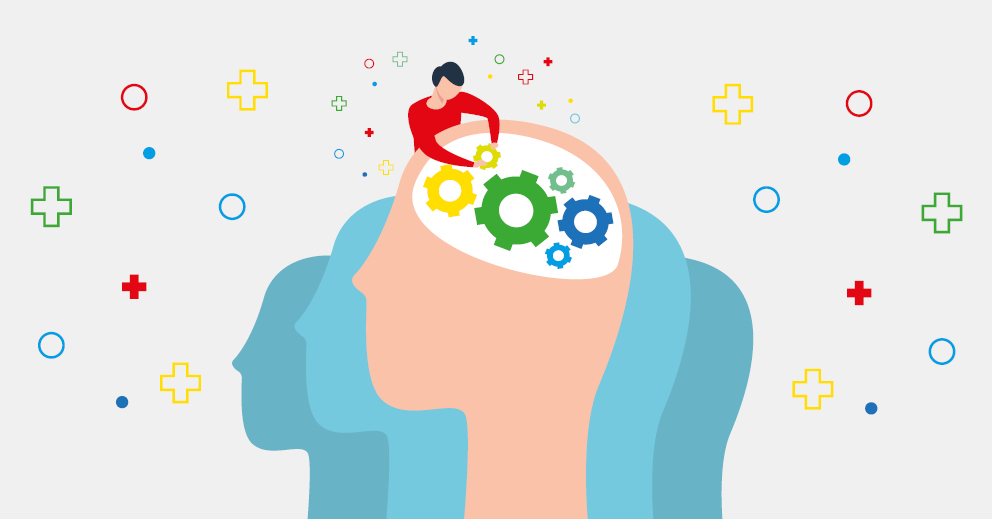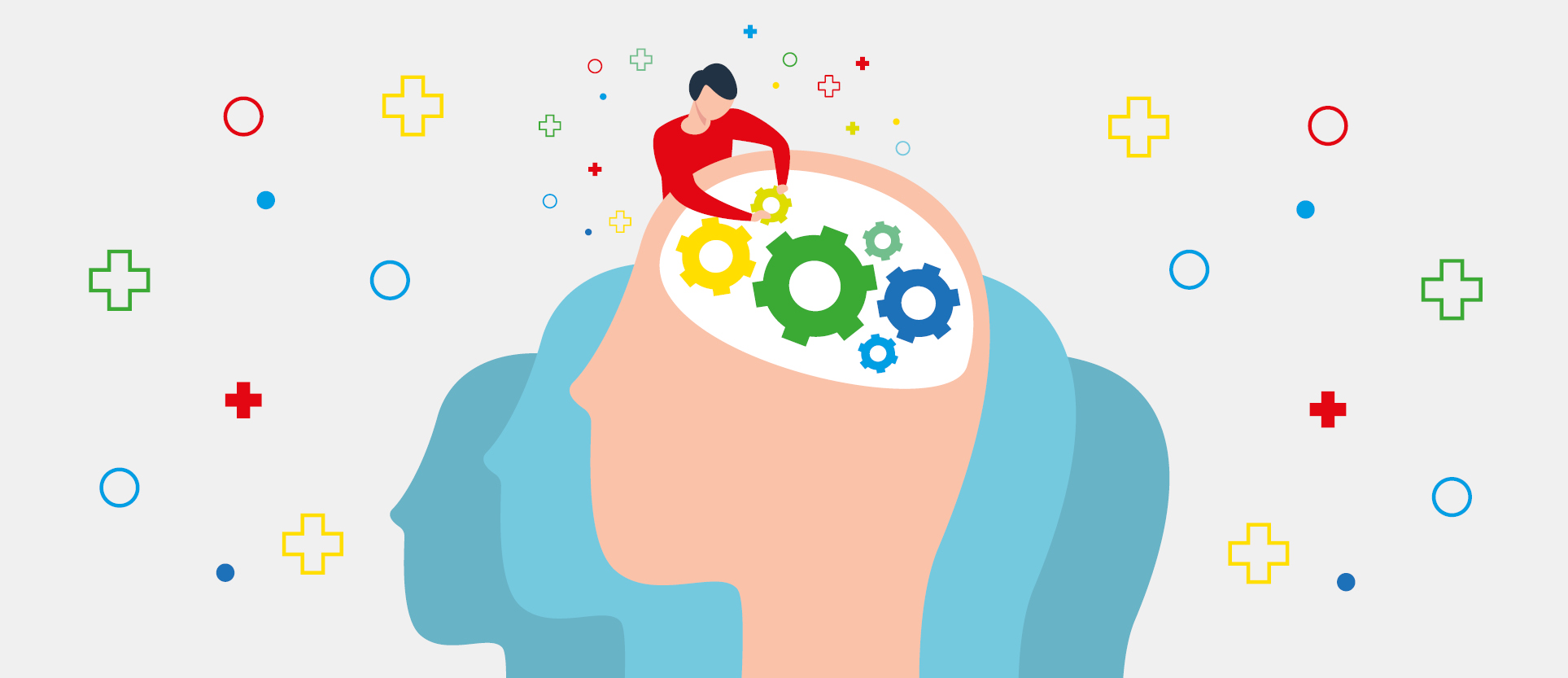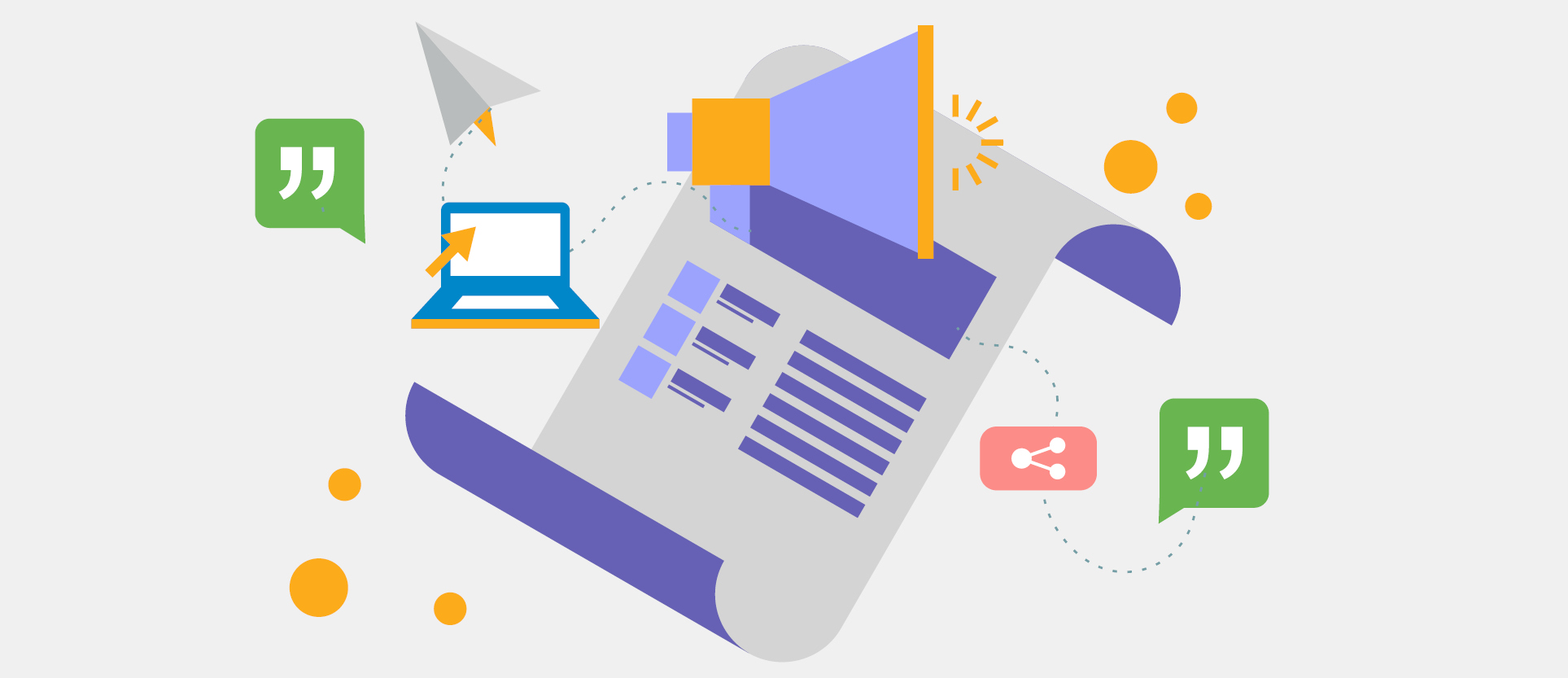How to Manage Stress During Coronavirus
Posted: 4 November 2020 at 12:46 pm | Author: CAW Business School
Feeling stressed is a completely normal response to the current coronavirus pandemic.
You might be stressed about catching the virus, about your finances, about how your loved ones are coping, or about the disruption to your work, studies and routines. Not only this, we’re also dealing with the disappointment and stress that comes with travel bans, events being cancelled and social lives being put on hold.
This National Stress Awareness Day, we want to encourage you to be proactive and learn more about how you can manage stress during coronavirus if you’re struggling to cope. Read on to learn more:
Hold on to habits that make you feel in control
Holding onto the little things that add something reliable to your life is really important during times where there is plenty of disruption that could overwhelm us (for example, at school, home, university/college or work). It can also help to reassure you that everything will be ok, especially when you’re feeling like things are spinning out of control.
Some examples of routines or rituals that could help you stay grounded include:
- waking up at the same time every day
- eating regular meals
- going to bed at the same time
- doing some form of exercise every morning
- reaching out to a friend each day
Accept that it’s normal to be feeling stressed and give yourself credit where it’s due
Feeling stressed is a completely normal response to the current coronavirus pandemic, because there’s so much about it that’s outside of our control. Not just the spread of the virus itself and the uncertainty it brings, but all the other aspects of our lives that have changed as a result: from big shifts in the workplace and worries about money, to restrictions to travel and the social lives we rely on to stay connected to our loved ones. So much change and unpredictability is stressful.
Rather than giving yourself a hard time, remember to give yourself credit for living through such a tough period, and recognise that by dealing with all these challenges you’re becoming a stronger and more resilient person. As hard as things are, there is also a lot of comfort to be found in the simple knowledge that you’re not alone and others are experiencing the same feelings. When you check in with your loved ones, make sure to share how you’re feeling and check in on their wellbeing – it’s likely you’ll find they’re in the same boat as you.
Take practical steps to change your mind set and boost your resilience towards stress
Confronting the source of your stress and uncertainty is empowering. The first step to feeling more prepared to cope is to identify the causes of your stress and then think about how to find a solution:
Practice tolerating uncertainty
You can strengthen your response to stress by boosting your tolerance towards uncertainty or situations where your sense of control is removed. You can start by doing small things differently. For example, you could pick a random show to watch without knowing anything about it, or drive/walk a different route to the shops.
The idea is to learn that not everything will work out how you wanted it to, but if even things don’t always go as planned, you can still deal with them. Try to focus on the things you can control, rather than on the things you can’t. Once the event has passed, you can’t change it so try to move on and focus on the future.
Try to think about stress differently
Rather than viewing stress as something that’s bad, why not think of it as your body’s way of preparing you for the situation you’ve been put in? If we perceive stress as something positive which is helping us, it may not have the same power over us. In her TED talk, Kelly McGonigal presents the theory that the way we think about stress is what determines if it has a negative impact on our health. She explains that if we perceive stress as something positive which is helping us, it may not have as much of a negative impact.
Prioritise your workload
Having lots of work hanging over your head can be daunting and stressful on top of the added stresses the pandemic brings. Taking the time to prioritise your workload can help to make it more manageable. This will help you to get the work you need to get done without the panic of rushing to get it all done at once. Rather than working harder, prioritise your activities and leave the least important task for last. It can be empowering to accept that your to-do list may never read “zero” at the end of the day…and that’s ok!
Stay up to date with the facts
With constant updates from the government, media outlets and social media, it’s natural to feel like you’re being saturated by coronavirus updates right now. It’s important to stay informed, but too much exposure can increase feelings of stress, fear and anxiety – especially if you’re not seeking information from trusted sources.
By choosing trusted news sources, you’ll provide yourself with more certainty about what’s happening and you’ll be less likely to get overwhelmed by coverage.
If you catch yourself turning to the media all the time, you may wish to limit your media intake to a couple of times a day to make sure you’re not overwhelming yourself. Along similar lines, if you catch yourself turning to social media all the time because you’re feeling isolated, take a break and spend time on another activity.
Some good news resources include:
- BBC – Coronavirus Updates
- UK Government – Coronavirus Updates, Advice and Guidance
- World Health Organisation – Coronavirus disease (COVID-19) pandemic
Make your physical and mental health a priority
Having a healthy lifestyle can sometimes be difficult for those of us who are always rushed for time. It is especially difficult if you are feeling stressed and anxious about the future. But eating a well-balanced diet and exercising regularly can help to clear your head. Fueling your body with the right foods can also boost your energy, helping stressful tasks seem more achievable.
Stay connected to friends and family
However overwhelming your life may feel, or how busy your schedule is, spending time with friends and family is important – even if this has to be virtually. As well as giving you a break from the strains of everyday life, socialising can help to reduce stress by focusing your mind elsewhere. Family and friends can also be a great support network and can be there to offer advice should you need it.
Be more mindful
Be aware of your thoughts and feelings, and when your thoughts take over the present moment. Remember these are simply thoughts that do not need to control us. Be aware, even as you about your daily routine, by appreciating the journey to work or taking a lunch time walk.
If it all feels too much, seek help and support
We’re living in unprecedented times, and mental health has never been more important. It’s ok to reach out for further help and support if you need it. There are so many people, organisations, services and resources out there to help you cope during difficult times.
If it’s available to you, you should consider seeing your GP or mental health professional for extra help. You could also ask your mental health professional if they could chat over Skype/FaceTime if you’re in self-isolation.
Further mental health support at The College of Animal Welfare
If you’re a student or staff member with us, and you’re struggling with video call fatigue/anxiety, please don’t hesitate to reach out to your teacher, head of course or line manager – they are there to help and support you. We also offer lots of additional mental health support that you can access free of charge:
Togetherall
All staff and students can now access free online mental health and wellbeing support through Togetherall (previously called Big White Wall). This service can be used at any time of the day or night, all year round.
Whether you’re suffering from stress, problems with sleep, feeling low or unable to cope, or simply need someone to talk to, Togetherall can help you get support and learn useful coping strategies to improve mental health and wellbeing. The service enables members to get things off their chest in a safe, anonymous global community. You can access a library of self-care resources and trained professionals are online 24/7 to keep all members safe and provide extra support.
The college will not be informed of those who are signed up to Togetherall or activity on the service unless they are seriously concerned about safety whilst on campus. To join, go to the Togetherall website and sign up under ‘I’m from a university or college’ using a staff or student e-mail address.
College counselling services
In addition to this, we offer a confidential counselling services, with free sessions for students on an ongoing basis (the college is not made aware of any appointments made). The College counsellors are still available via phone, email or video conference:
Jill Dighton | Tel: 07925 852 985 | Email: jill@jdighton.co.uk
Mark Walsh | Tel: 07905 611 591 | Email: mwalsh4@sky.com
Mental health resources
- Mental Health Foundation – Looking after your mental health during the Coronavirus outbreak
- Mind – Coronavirus and your wellbeing
- Mental Health England – Supporting your mental health while working from home
- Samaritans – If you’re worried about your mental health during the coronavirus outbreak
- Vetlife– Mental health support and financial assistance for the veterinary community including veterinary nurses and students
- Living Wellarea on CAW VLE






